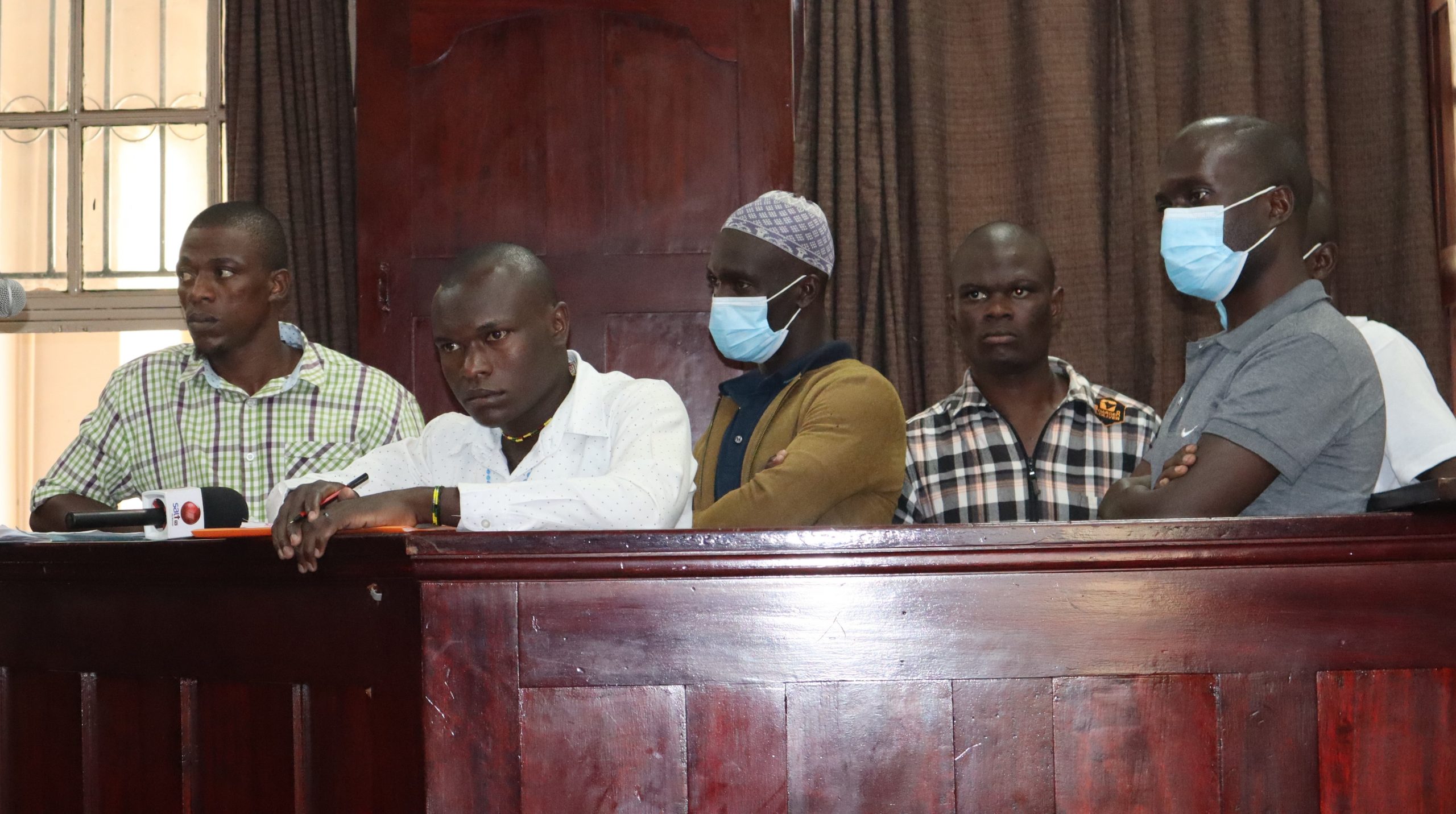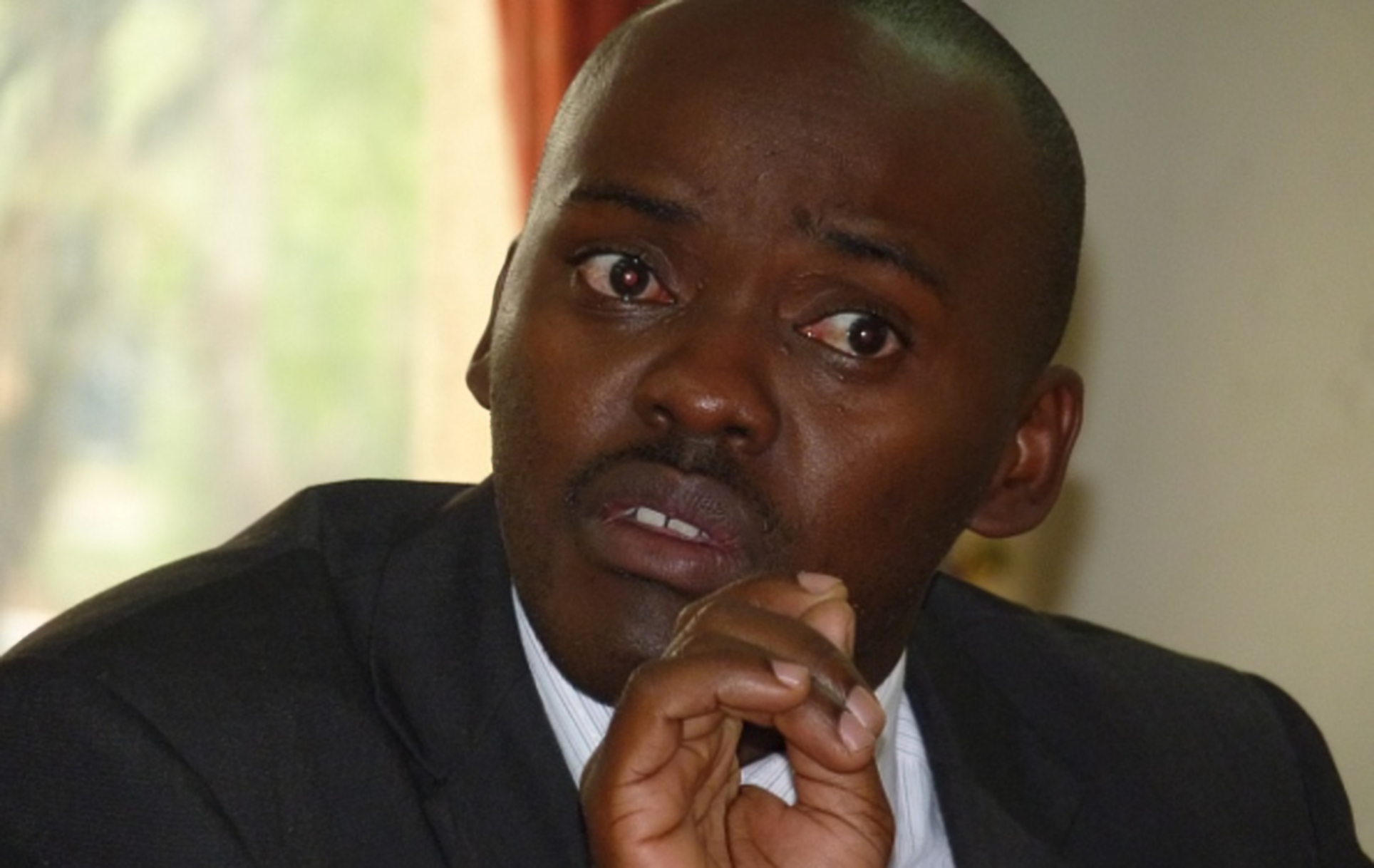By Kerry Howard Mwesigwa
The high-profile trial of Ug v Kasolo and others before Judge Isaac Muwata at the High court in Kampala has reached a critical juncture as Accused 3 (A3) Kalyongo Nassif, a former boda boda cyclist, re-took the stand to provide his account of events. The courtroom has witnessed intense cross-examinations and unexpected revelations, further complicating the already complex kidnapping case.
Initially, defense counsel Sserwanga made a motion to allow Kalyongo to give his testimony afresh, claiming a conflict of interest due to earlier evidence solicited by counsel Sserwambala, who was representing A2, A5 and A6. Subsequently, Kalyongo’s previous testimony was expunged, granting him the opportunity to present his evidence afresh. The court ruling permitted Kalyongo to provide his fresh testimony, shedding light on his interactions with the accused.
Kalyongo Nassif, previously a resident of Kitaka Zone in Natete before his arrest, plays a pivotal role in shedding light on the alleged kidnapping case. As a former boda boda cyclist, Kalyongo’s testimony offers crucial insights into the events leading up to the incident and the subsequent actions of the accused individuals. His account reveals a web of connections and interactions, highlighting the alleged coordination and transportation involved in the kidnapping.
During the cross-examination led by State prosecutor counsel Jonathan Muwaganya, significant contradictions emerged. Kalyongo’s relationship with Ssenabulya Isaac, one of the co-accused, came under scrutiny. While Kalyongo claimed a long-standing acquaintance with Ssenabulya, he disputed the defense’s assertions that Ssenabulya had been a police officer. The defense raised doubts about the credibility of this relationship, suggesting it may have been orchestrated.
The cross-examination also brought attention to payment arrangements and communication between Kalyongo and the accused individuals. Kalyongo confirmed being introduced to Kasolo by another boda boda rider, Kisekka Hassan, who coordinated the group of individuals referred to as “passengers.” While Kalyongo admitted riding Kasolo and Lubega Rasta as passengers on his boda boda, conflicting statements arose regarding the timing of payment and the provision of phone numbers. These contradictions raise questions about the reliability of Kalyongo’s testimony and the potential manipulation of evidence.
The defense further challenged the veracity of Kalyongo’s statements, highlighting the presence of coercion and duress during his interactions with law enforcement. Kalyongo admitted to providing a false statement captured in a scene reconstruction video, citing threats and pressure from armed officers at Natete police station. The defense argues that Kalyongo’s compromised statements undermine the integrity of his testimony and cast doubt on the overall credibility of the evidence presented.
The trial of Ug v Kasolo continues to captivate the public, not only due to its high-profile nature but also because of the intricacies surrounding witness testimonies and the reliability of evidence. The conflicting accounts and allegations of coercion challenge the court’s ability to discern the truth and make informed judgments. Judge Isaac Muwata, presiding over the case, faces the formidable task of carefully evaluating the evidence and determining its admissibility, while considering the circumstances under which it was obtained. The proceedings concluded with an adjournment to June 7th, for further defence witness hearing.















